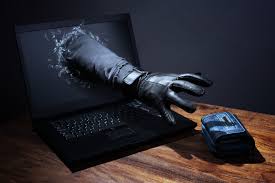AuthorLori Clifton; ArchivesCategories |
Back to Blog
How to prevent Identity Theft and Hacking10/18/2016 The holiday season is prime for scammers and hackers out there. Here are some tips to help you prevent that from happening to you.
Call LDC Tech Support for assistance. 713-444-1452
0 Comments
Read More
Leave a Reply. |
 RSS Feed
RSS Feed
